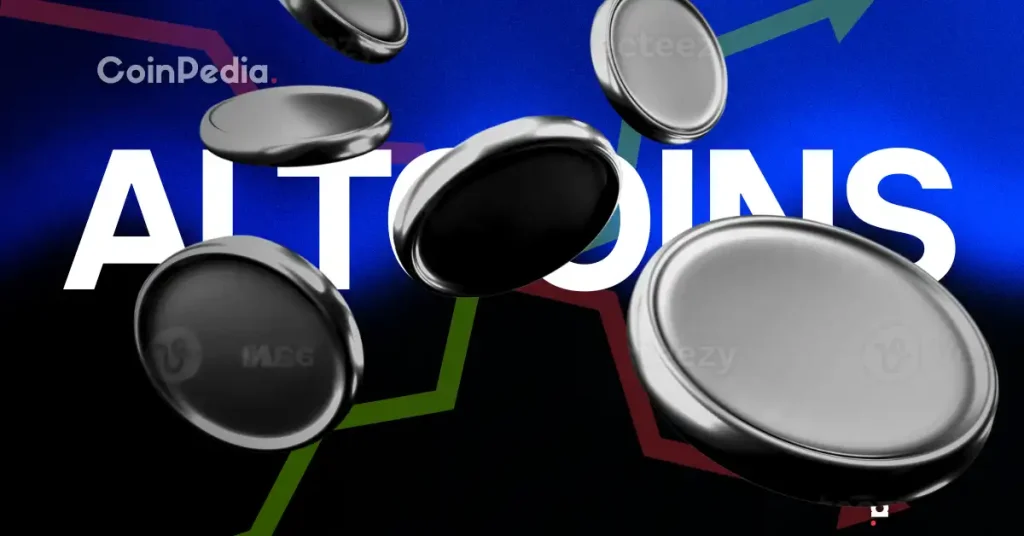The US Department of Justice (DOJ) has recently announced a pivotal shift in its approach to cryptocurrency regulation. Historically skeptical about crypto, especially highlighted during the collapse of FTX, the department now signals promising changes for developers in the digital asset realm. This development has sparked optimism among crypto enthusiasts and developers alike.
How Does the DOJ View Cryptocurrencies Now?
According to Matthew Galeotti, Assistant Chief Counsel of the DOJ’s Criminal Division, the department plans to reassess its strategies concerning criminal accusations against crypto developers. This follows a conviction related to a developer from Tornado Cash, a situation that had previously caused alarm among developers worldwide.
“If evidence shows that the software is truly decentralized and merely automates peer-to-peer transactions without any third party having custody or control over user assets, new charges against a third party will not be approved.”
Galeotti’s remarks, delivered at a summit in Wyoming, emphasized the importance of respecting the core principles of cryptocurrencies, such as privacy and decentralized transactions.
Will Open-Source Software Gain More Freedom?
Yes, open-source projects like Tornado Cash are now viewed under a new light. These projects allow for community-driven development without pinpointing a sole creator, fostering a more inclusive ecosystem. The DOJ’s new stance is a crucial recognition that such decentralization should not be penalized when misused by bad actors.
Developed to protect user privacy, Tornado Cash fell victim to misuse by individuals engaging in illicit activities. Despite such misuse, the DOJ has clarified that liability will only fall on those with criminal intent, not developers like Roman Storm, who aim to advance privacy and security in crypto.
Amanda Tuminelli from the DeFi Education Fund expressed support for this shift:
“The Department of Justice acknowledging that software developers should not be held accountable for third parties misusing their code confirms what we have been advocating for years.”
Significant implications arise from the DOJ’s adjusted perspective. Key takeaways are:
- Recognition of developers’ intent versus third-party misuse.
- Support for projects maintaining genuine decentralization.
- Stronger delineation between legitimate development and malicious activity.
The DOJ’s revised stance represents a long-awaited victory for developers seeking to innovate within the bounds of legal scrutiny. As the department prioritizes developers’ rights and recognizes decentralization’s role, the crypto industry anticipates a more supportive regulatory environment conducive to technological progress.
Disclaimer: The information contained in this article does not constitute investment advice. Investors should be aware that cryptocurrencies carry high volatility and therefore risk, and should conduct their own research.
















 English (US)
English (US)